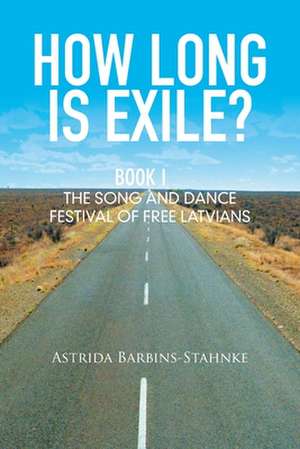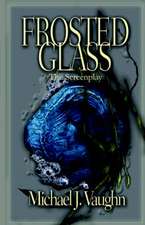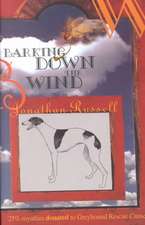How Long Is Exile?
Autor Astrida Barbins-Stahnkeen Limba Engleză Paperback – 23 oct 2015
| Toate formatele și edițiile | Preț | Express |
|---|---|---|
| Paperback (5) | 117.08 lei 3-5 săpt. | |
| XLibris – 23 oct 2015 | 117.08 lei 3-5 săpt. | |
| ABS Publishing – 22 sep 2020 | 128.84 lei 6-8 săpt. | |
| ABS Publishing – 23 sep 2020 | 133.51 lei 6-8 săpt. | |
| ABS Publishing – 22 sep 2020 | 134.27 lei 6-8 săpt. | |
| XLibris – 22 iul 2016 | 153.47 lei 6-8 săpt. | |
| Hardback (5) | 162.04 lei 3-5 săpt. | |
| XLibris – 23 oct 2015 | 162.04 lei 3-5 săpt. | |
| ABS Publishing – 23 sep 2020 | 195.02 lei 6-8 săpt. | |
| ABS Publishing – 23 sep 2020 | 206.34 lei 6-8 săpt. | |
| ABS Publishing – 22 sep 2020 | 208.03 lei 6-8 săpt. | |
| XLibris – 22 iul 2016 | 210.69 lei 6-8 săpt. |
Preț: 117.08 lei
Nou
Puncte Express: 176
Preț estimativ în valută:
22.40€ • 24.41$ • 18.88£
22.40€ • 24.41$ • 18.88£
Carte disponibilă
Livrare economică 02-16 aprilie
Preluare comenzi: 021 569.72.76
Specificații
ISBN-13: 9781514403259
ISBN-10: 1514403250
Pagini: 406
Dimensiuni: 152 x 229 x 23 mm
Greutate: 0.59 kg
Editura: XLibris
ISBN-10: 1514403250
Pagini: 406
Dimensiuni: 152 x 229 x 23 mm
Greutate: 0.59 kg
Editura: XLibris
Notă biografică
I was born on March 15, 1935, in Priekule, Latvia, to Reverend Juris and Milda Barbins, the fourth of six children. My father was minister of the Priekule Baptist Church, which he served for thirteen years. In 1939, needing more land for his growing family, he moved us to a fourteen-hectare farmland called Mazgramzda, which, after a land reform act, had been divided off a Baltic German's property. The transition from town to country was difficult, especially for our Liepaja born and Riga University-educated mother, whom I greatly admired. Except for my father, our family missed our grand home in Priekule and the cultural life even of a small town. Without allowing for choices, the family became farm laborers, who worked hard to turn a weedy ground into rich and prosperous farmland. Father was buying building materials for a mansion of our own, buying choice cattle, turning a spring into a pond, for he envisioned a promising future. He did not give up his ministry but served several country churches, making the rounds on Sunday mornings, making the congregations bigger and happier. He often took us all along in our horse-drawn droshka. It was on those trips and other excursion where, early in life, I learned to love my native pastoral landscape and the stories of the Bible, for at a very early age I too was a little herding girl and many times had to look out for the wolves that frightened my lambs. In time, Mother also adjusted to country life and, trusting her husband's wisdom and the national president's assurance of Latvia's economic progress, believed in a better and easier future. But then came World War II. Our country had already lost its freedom in June 1940, when Russian-supported communism crossed the eastern border of Latvia and spent a year setting up new rules of order, followed by massive deportations in June 1941. Weeks later, the German army crossed the southern border and marched in as liberators, only to be defeated three years later. As our family's name (as many others) was on the next list for deportation, we escaped from our harvested fields of Mazgramzda on Sunday morning, October 8, 1944, when the German and Russian armies were five kilometers from our home. We barely had two hours' time to escape, which we did in our horse-drawn wagon. Suddenly, we were among a caravan of refugees, heading southwest into Germany. There is no need to continue with the biographical sketch as the general course of our family and the people of our country is outlined in this novel. And this is a novel, not a memoir. The time and settings are quite accurate, but the characters and events are fiction, though rooted in real historical events, people, and impressions as viewed and experienced through the lives of each character. Any resemblance to real people and situations as described are coincidental.




